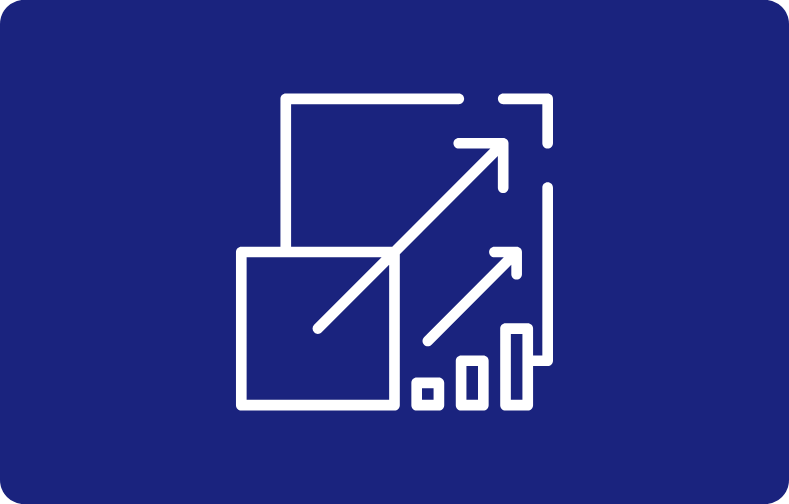Finding the Best PHP Web Framework: Top Tips for Developers
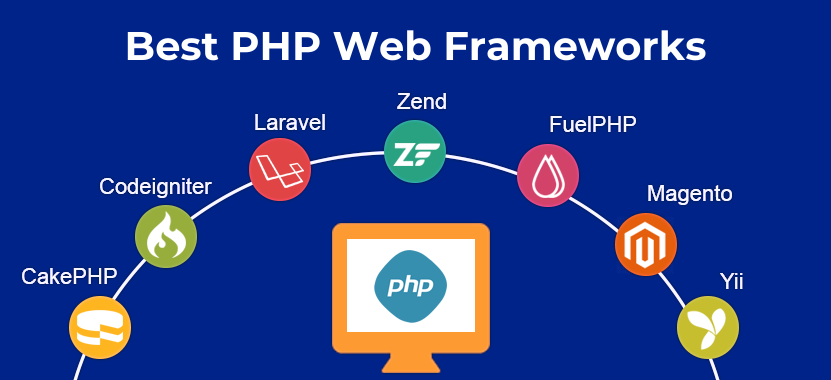
The proper PHP framework can make all the difference in crafting robust and powerful web applications. As a developer, you're no doubt familiar with the overwhelming feeling at the beginning of a project, with so many available framework options.
It's like being a kid in a ice cream store. There are so many different flavors! But which would truly meet your needs? The flexibility of the framework can affect everything from the speed with which you're developing right through to the scalability of your website.
In this blog, we will provide an overview of some of the best PHP frameworks and give you information that will help you choose the best option for your specific needs. Whether you're an experienced coder or just a beginner, there is a framework out there that will mesh perfectly with your style and the project's goals.
Understanding PHP Frameworks
A PHP framework is your trusted guide while building modern web applications. Just like you wouldn't build a house without the proper tools and blueprints, you wouldn't develop and customize complex apps in pure PHP alone, without any framework.
A PHP framework will give you an already-written set of code libraries, structures, and best practices, making the web development process quicker and more productive. It gives you a foundation, so you don't have to configure routing, database connections, or form validation. You can just dive in to building your unique application.
That, in turn, inspires more consistency and cleaner code, ultimately paying dividends on long-term projects or when working on a project with a group of people. This process saves you from writing repetitive code and keeps you up to date on industry standards.
Whether you're a novice looking for guidance or an experienced web developer wanting to streamline your workflow, this might dramatically alter how you approach web development with a PHP language or framework. In a nutshell, it helps you work smarter, not harder.
Why Use a PHP Framework?
If you have been developing with PHP, you have probably heard of PHP frameworks. Why is working with PHP web frameworks a good idea?
Let's break down some key reasons why PHP frameworks are game-changers (spoiler alert: they help you save time, build better code, and simplify your life as a developer).
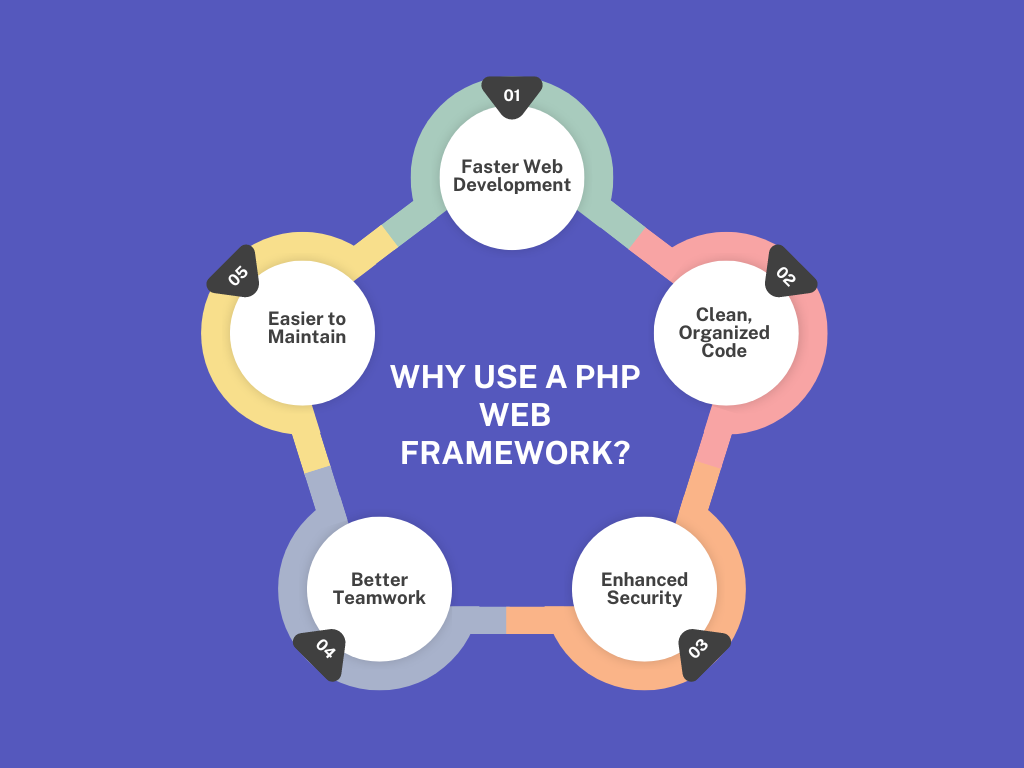
Faster Web Development
Let's be realistic; when you create PHP web applications, coding from scratch each time can be tedious. Feature rich frameworks offer pre-built modules and tools to make life easier.
Besides features like user authentication, routing, or database management, you can use other PHP components that are provided in the framework. That means you'll be able to deliver projects faster with no reduction in quality.
Clean, Organized Code
Want to work on more significant projects or work in teams? The PHP framework can keep you more organized.
A feature-rich framework, one that includes Model View Controller (MVC) architecture, encourages cleaner and more maintainable code, which is easier to debug, scale, or hand over to another developer with no headaches.
Enhanced Security
Security in web development is essential, and most PHP frameworks have versions with built-in protection against SQL injection, cross site scripting, and CSRF.
Another point in its favor is that it acts like a safety net for your web applications to keep them secure from common vulnerabilities without additional effort on your part.
Better Teamwork
If you are in a team, your particular framework creates unity. Everyone is on the same page where coding standards and patterns are concerned, and it's easier to work together.
For both junior developers who have just started their careers or well-seasoned pros, frameworks keep everybody on the same page and reduce miscommunication.
Easier to Maintain
PHP frameworks can help future-proof your projects. The code you write today will be much easier to maintain, extend, or hand off tomorrow.
You have a solid foundation on which to build with a framework. It is much better adapted to any change, so updating or adding features is easier later on.
Working with a PHP framework means, in short, that you're working faster and also that you're writing code that is better, safer, and easier to maintain.
It's like having a bot that automates repetitive tasks for you, allowing you to invest your time where it matters.
Factors to Consider When Choosing a PHP Framework
Choosing the proper PHP framework could feel daunting. With the number of choices around, whether you want the fastest PHP framework or the safest PHP framework, it could make for a stressful situation.
The type of project you work on could make all the difference in how well your web development process goes.
Before diving in, here are some key things to consider so that you can confidently choose the proper framework for your needs.
Project Requirements and Scope
First, ask yourself: what does your project really need? Are you building a small blog, an e-commerce platform, or a heavyweight application that requires a full stack PHP framework?
Not all frameworks are appropriate for every type of project. For example, Laravel is ideal for complex big projects, whereas a micro-framework like Slim or Fat Free Framework works fine for straightforward, lightweight applications.
Whatever framework you choose should coincide with the specifications of programming language for your project to avoid overcomplicating or under-powering an application.
Ease of Learning and Documentation
Whether you're a newbie or an expert, the learning curve matters when choosing the most suitable PHP framework. While a few frameworks, such as Laravel, have excellent documentation and community support systems that make the steep learning curve much easier, others might take more time to become comfortable with.
You need to choose a framework that will balance your current skill level with the learning resources it offers so that you don't have to dig through forums for hours.
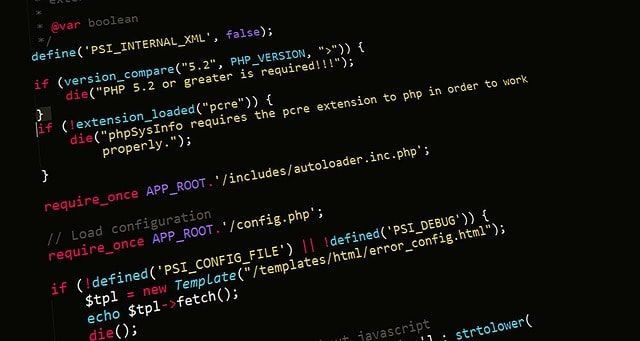
Performance
Performance matters if your web apps will be handling heavy traffic or sizeable loads of data. The right PHP framework will give your performance a boost.
For example, systems like CodeIgniter are known for being fast and lightweight, while Symfony will take more resources due to its more comprehensive range of features. If speed is essential to you, pay attention to how your selected framework will behave under strain.
Community Support and Documentation
The community involved is one of the most significant assets of the most popular PHP framework.
A larger community generally means more tutorials, plugins, solutions to common problems, not to mention active maintenance of the framework, with regular updates and security patches.
Frameworks such as Laravel and Symfony boast quite large active communities; helpful if you need to troubleshoot something or seek out some best practices.
Scalability
Are you planning on scaling your project in the future? If you are working on a project that might scale, choosing a framework that can scale with it is essential.
Some frameworks are built to be scalable right out of the box, while others might not handle your growth that well. Think long-term and pick an engine that can grow with your project needs.
Cost and Licensing
Another critical variable in choosing a top PHP framework for the web development or web application development is the cost and licensing. Most of the frameworks, such as Laravel and Symfony, are free to use because they are open-source.
However, it's important to verify the licensing terms, particularly for commercial web apps, as there may be legal implications to consider.
The best PHP framework for you will, again, boil down to your needs and preferences. Take your time to consider these factors, and you'll be well on your way to selecting a powerful PHP framework that will make your web development process less painful and more enjoyable.
Best PHP Frameworks for Web Development
The PHP ecosystem boasts a rich tapestry of frameworks, each catering to different development needs and preferences. Here is a selection of some of the most popular options.
1. Laravel
Laravel often tops many developers' lists of choices. It has an elegant syntax and is feature-rich, with a easy learning curve, even for beginners.
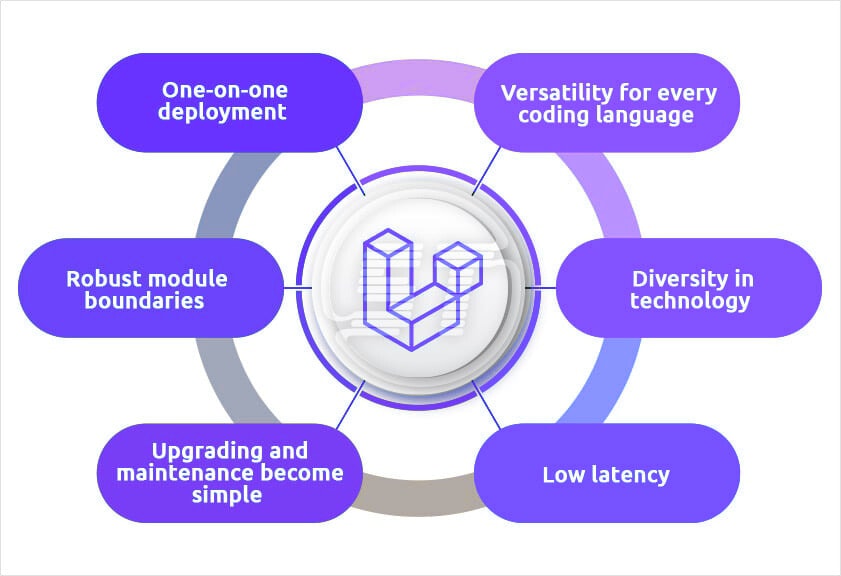
Key Features
-
Elegant, readable syntax
-
Built-in authentication and authorization
-
Possibly powerful routing capabilities
-
ORM to manage your database data
-
Robust community support and extensive documentation
-
Artisan command-line utility for simple tasks
2. Symfony
If you need an open-source PHP framework that implements flexibility and best practices, then Symfony is one of your best bets.
The component-based system is truly a modular component system and allows the use of independent components for only what is required, making it an excellent choice for huge, enterprise-level applications.
Key Features
-
Reusable components for more flexibility
-
Strong adherence to PHP standards and best practices
-
Excellent documentation and community support
-
Prebuilt security to lock down your applications
-
Rich libraries for anything you could imagine
3. CodeIgniter
CodeIgniter is a lean framework full of speed and simplicity. It's the right fit for many modern PHP web apps, between small and medium in size, enabling swift web development without sacrificing quality.
Key Features
-
Minimum configuration requirements
-
Lighter than air with lightning fast speed
-
Easy to learn for beginners
-
Support for multiple database platforms
-
Excellent documentation and an active community
-
XSS filtering and other default security features
4. Laminas (Zend Framework)
The Laminas framework, previously named Zend Framework, is a powerful and robust enterprise-level framework. It features design-by-contract development, data encryption, and a secure courier system, among other top-notch features.
Key Features
-
Flexible architecture
-
Rich built-in security features
-
Support for a variety of database systems
-
Highly scalable
-
Active, well-documented community
-
Robust testing tools for quality assurance
-
Strong best practices basis
5. Yii
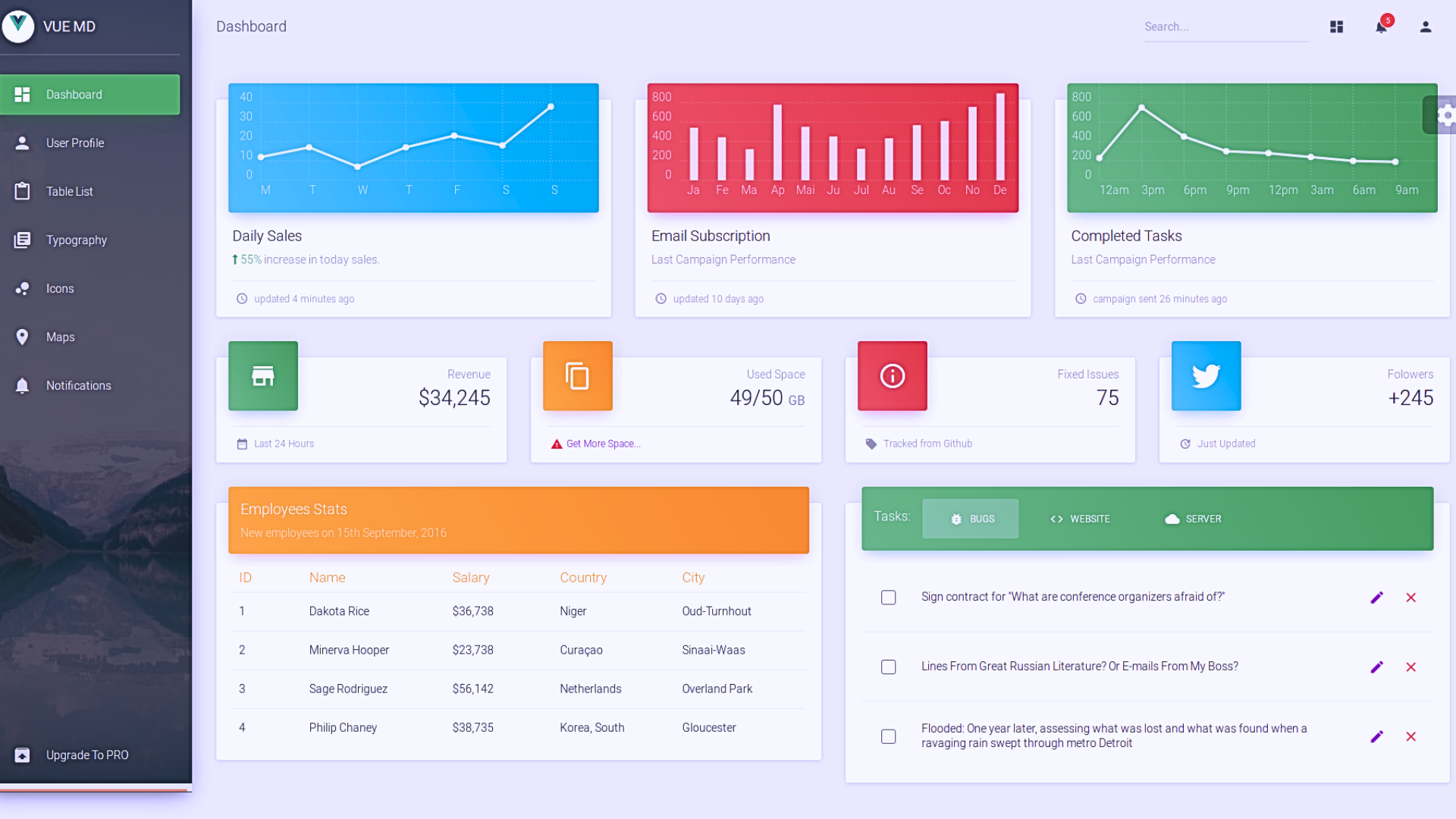
Yii is a high-performance, lightweight PHP framework, generally used for developing upscale web apps. Due to its solid features and performance, it can be utilized for complex projects in a very efficient manner.
Key Features
-
Efficient caching mechanisms
-
Turnkey integration with third-party applications
-
Support RESTful API development
-
Built-in security against common vulnerabilities
-
Simplified database management with Active Record
-
Complete documentation and community support
6. CakePHP
CakePHP is designed for speedy web development. It's ideal for developers who want to get PHP web applications up and running in no time. The conventions will enable you to develop your php code and application logic rather than messing around with repetitive code.
Key Features
-
Convention over Configuration for rapid web development
-
Built-in CRUD-Create, Read, Update, Delete functionalities
-
Easy to learn with tremendous documented support
-
Robust security features that will guarantee data security
-
Scaffolding features to generate code fast
-
Great for rapid prototyping
7. Slim
Slim is a micro-framework that is ideal for building web apps that are simple but powerful. The Slim framework can also be applied to develop APIs or small projects, without the need for extra overhead from a full-featured framework.
Key Features
-
Light and rapid to use
-
Ideal for developing RESTful APIs
-
Simple and intuitive routing system
-
Additional functionality through the support of middleware
-
Easy integration with third-party libraries
-
Minimal configuration
8. Phalcon
Phalcon is one of a kind when it comes to frameworks since it's delivered as an extension in the C programming language, which makes it among the fastest PHP frameworks out there. If performance is at the top of your list, then Phalcon will not disappoint.
Key Features
-
High-speed performance, thanks to C extension
-
Low-level architecture for applications with optimizations
-
Support for MVC architecture
-
Built-in caching
-
Easy integrations with a variety of databases
-
Suitable for developing high-performance applications
-
Active community and documentation
9. FuelPHP
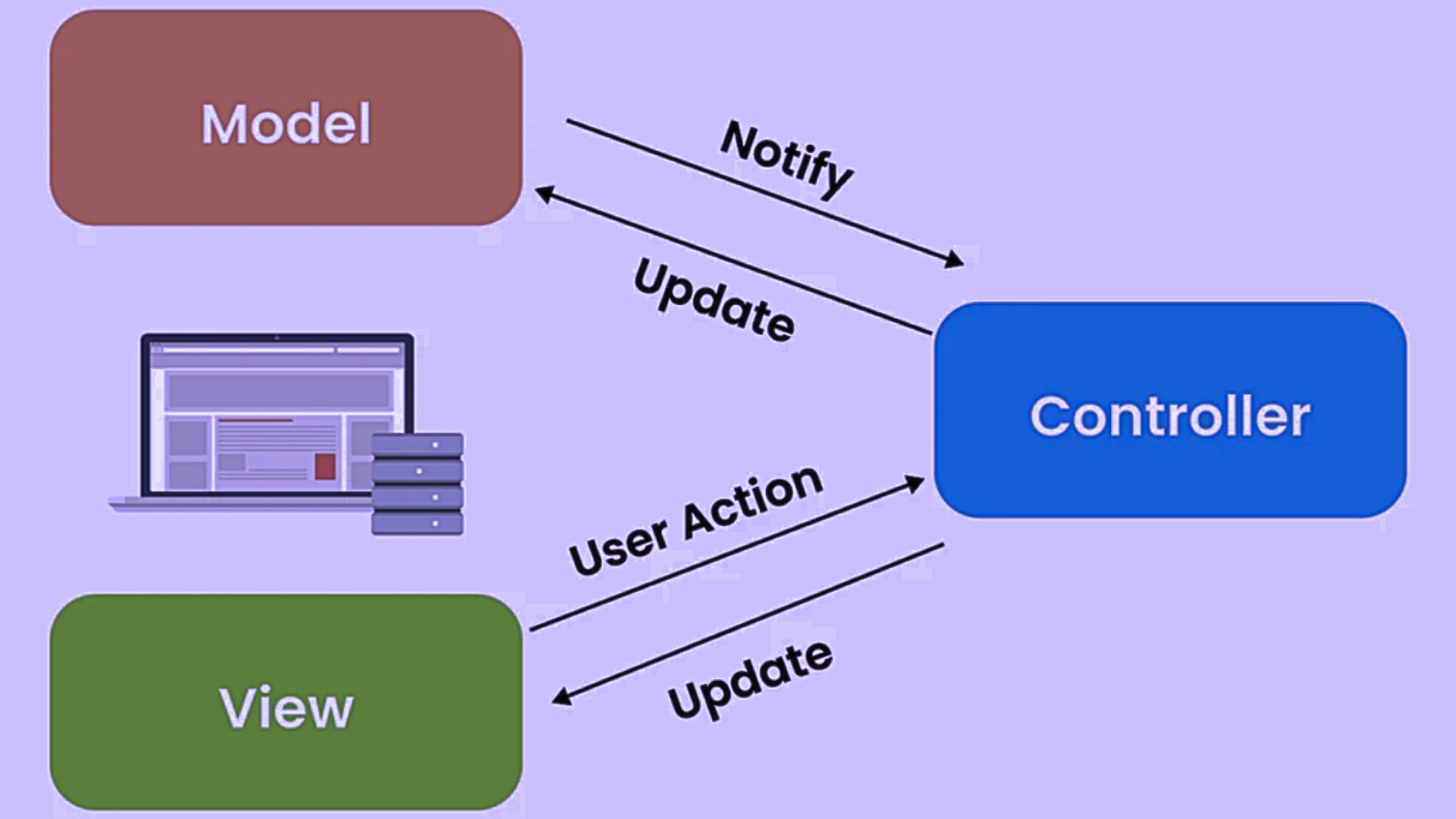
Besides the Model View Controller, FuelPHP is a flexible architecture. It can also adapt to extending HMVC applications. It's a robust and extendable PHP framework for web developers who need a focus on security and modularity.
Key Features
-
Flexible architecture: support for HMVC and MVC architecture
-
Built-in security features
-
Modular, easy to customize design
-
Named routes for additional routing flexibility
-
Comprehensive documentation
-
Support for many database systems
10. Laravel Lumen
Lumen is a PHP micro framework based on Laravel that is meant for building fast, lightweight APIs. If you are familiar with Laravel but want something much lighter, Lumen will be a perfect option.
Key Features
-
Very fast and lightweight
-
Built with powerful components of Laravel
-
Best utilized for developing RESTful APIs
-
Easy to scale up into Laravel
-
Minimal required configuration
-
Built-in support for routing and middleware features
-
Strong community support and documentation
Best PHP Framework for Beginners
If you are new to web development, selecting your go to PHP framework could give you a nice boost. One of the best PHP frameworks for a beginner like you is Laravel.
With its elegant syntax and ease-of-use features, Laravel allows you to effectively construct powerful applications without burdening you with complexity.
The extensive documentation and active community support is extremely helpful if you're looking for answers during your learning curve.
Plus, being community-driven, Laravel comes with built-in tools such as Eloquent ORM and Artisan CLI to help speed up your web development and rapid prototyping, allowing you to focus on your learning without getting bogged down with many details.
As you deep-dive into Laravel, you will realize that a whole world of possibilities has opened up, and you will soon be comfortably building complex web applications.
Popular PHP Frameworks for Advanced Developers
Developers know that having the right PHP web coding tools can elevate your experience and productivity to a whole new level.
Here are some of the most popular PHP frameworks for those who are ready to take the next step:
Symfony
With Symfony, you will be able to flex and scale due to its reusable components and robust architecture, making complex projects much easier. A large community and resources will keep you well-supported on your journey.
Zend Framework
Zend Framework is a powerhouse for those who require enterprise-level applications. With excellent performance and safety features, it's ideal for building top-notch applications. Due to its modular nature, you can include only the components that your project requires.
CodeIgniter
Targeting speed and simplicity, CodeIgniter might strike a chord. Because Codeigniter is a lean framework, its lightning-fast speeds means you can whip up web apps in no time. Its ease of setup and minimal configuration also make it a darling for advanced developers who appreciate efficiency.
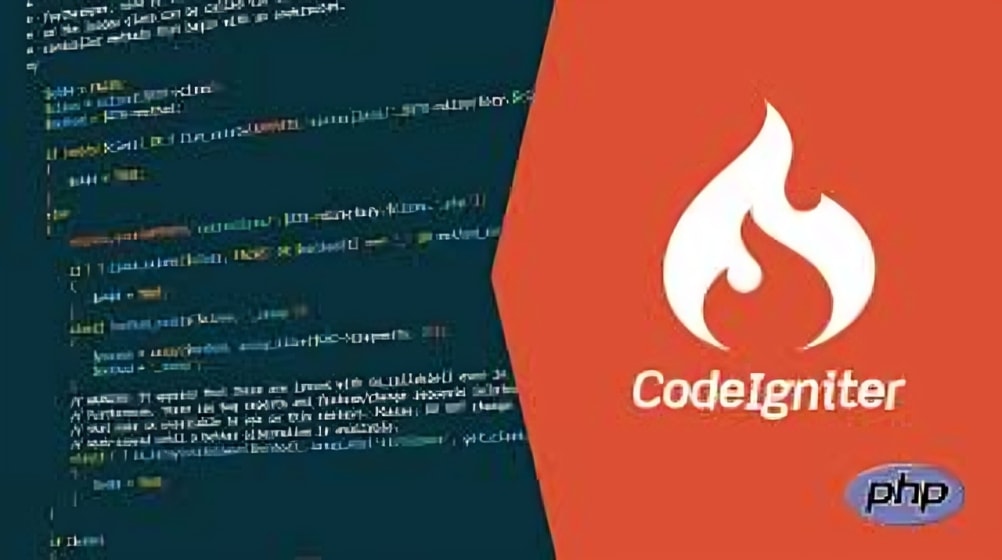
Now is the time to start working your way through these frameworks to find which works best with your personal development style and the needs of the projects you reach. Each has its strengths, and finding one that best suits your goals will make your project flourish.
Choosing the Best PHP Framework for Your Project
First of all, consider the type of your project. Do you need a simple website, or will it be a complex project requiring many hours of web application development? Your choice of framework could impact web development speed, scalability, and your team's productivity.
Consider your comfort zone. If you're a complete beginner in the sphere, then something like Laravel or CodeIgniter would be great, due to its heavy documentation and friendly community.
On the other hand, if you are an advanced developer looking for flexibility and performance, a full stack PHP framework such as Symfony or Yii2 could provide this for you.
Next, consider the long term. You need a framework that will satisfy your current needs and help you grow with your project.
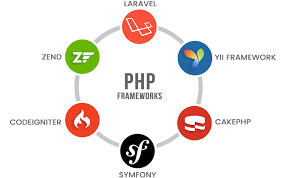
Look for frameworks with active maintenance and a strong community surrounding them. This will ensure that you receive updates and support throughout the development of your application.
Finally, the learning curve: select a php micro framework which matches your skillset and that of your team. After all, the best PHP web framework is one that helps you get it done efficiently and have fun simultaneously. Happy coding!
Conclusion
We hope we've helped you as you embark on the journey of finding the proper PHP framework for your projects. Whether you're a beginner looking for simplicity or an advanced developer looking for flexibility, the right framework for your needs is out there.
Make sure to consider project requirements, team skills, and long-term goals while making an educated decision.
In the end, the best framework is that which will allow you to produce effectively and enjoyably. So, take the time you need, study the available options, and prepare to create some unique applications.
Frequently Asked Questions
What is an MVC framework, and how does it work?
A MVC framework is a design pattern for a framework. During software development, it works to split an application into three interpolated parts, including Model, View, and Controller. It represents the data itself through the Model, the View (what displays the UI), and the Controller, which handles inputs. This separation improves organization, maintainability, and scalability during application development.
Is Laravel an MVC-based PHP framework?
Yes, Laravel is an MVC-based PHP framework that follows the Model-View-Controller architecture. In simple terms, it keeps the application logic away from the user interface and the management of data. This makes it way easier to organize and maintain code. In addition, Laravel has powerful tools and features that speed up the development process while promoting best practices in building web applications.
Is it possible to use several PHP frameworks while developing one project?
While it may be technically possible, the usage of several PHP frameworks within one project is not encouraged. Mixing these frameworks may result in complications such as increased complexity and potential performance problems, along with managing dependencies on other frameworks. It's better to choose one that fits your needs for each project.








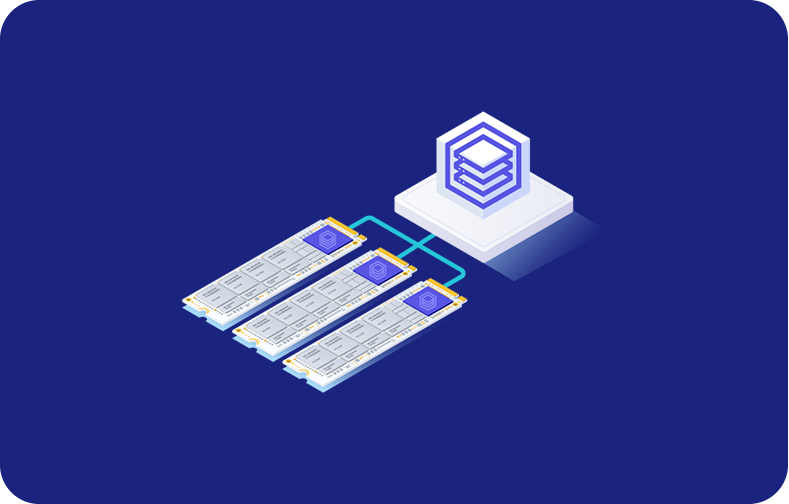

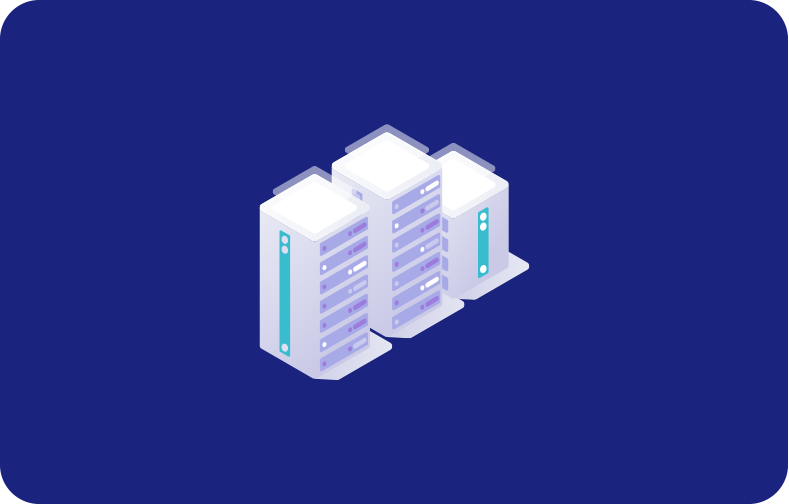
 (1).png)
